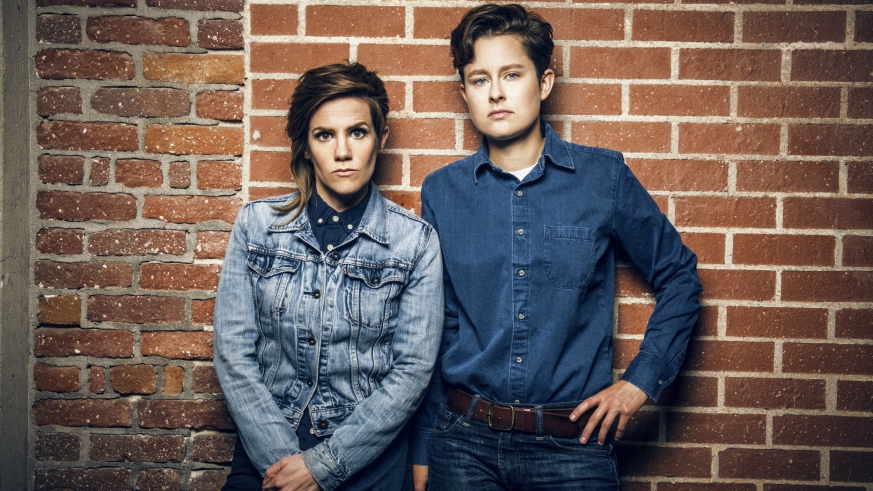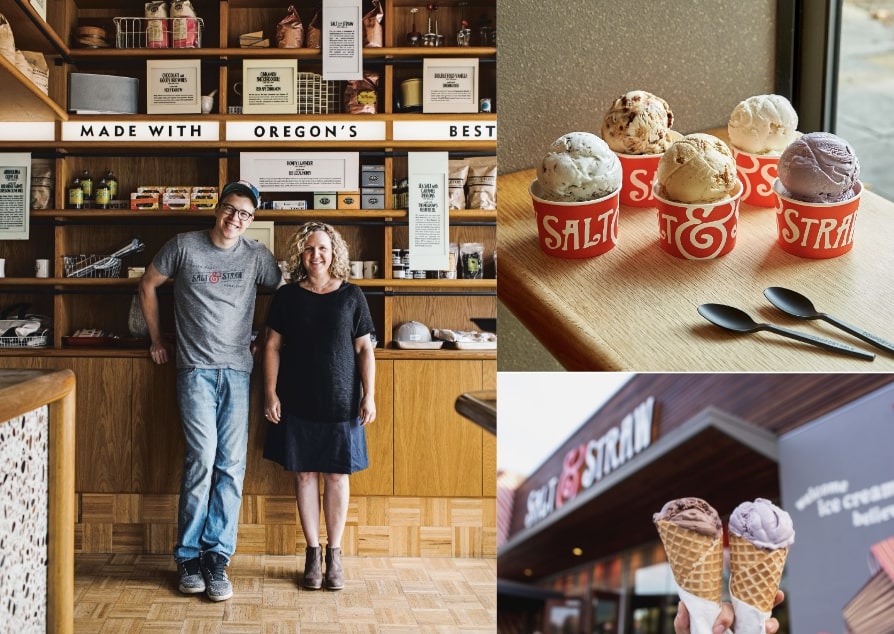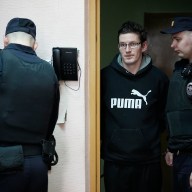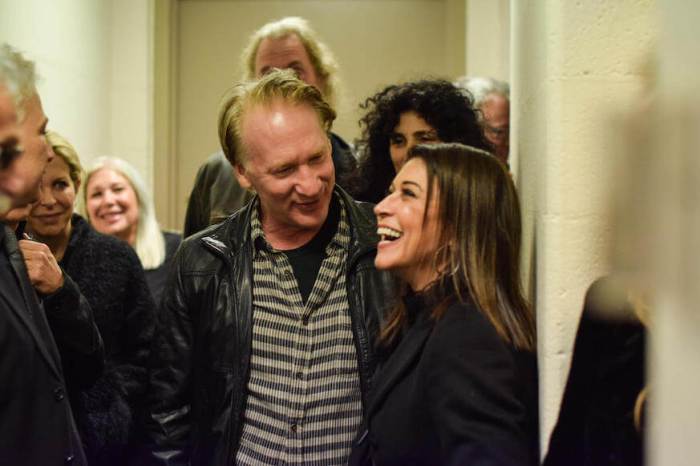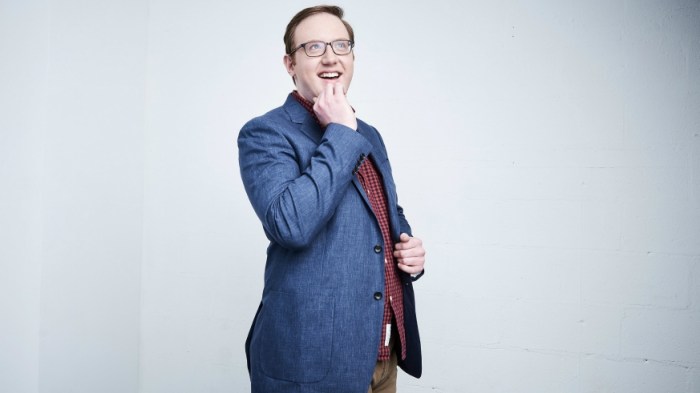Get ready for a double dose of comedy as Cameron Esposito and Rhea Butcher are bringing their “Back to Back” tour to town on Saturday night. The married stand-up stars are psyched to be back in the Hub, especially Esposito, who spent a lot of time in the city while studying at Boston College. Ahead of their show this weekend, we caught up with the outspoken duo to see what they have planned for their latest Boston visit, their thoughts on the role of comedy in 2017 and more.
Have any fun plans for your trip to Boston?
Esposito: Do I want to go have a burrito at Anna’s Taqueria? Of course. Do I want to go get a cannoli at Modern Pastry? Yes. Will I probably make Rhea run around the Common – actually, you know what, I do have an answer to this. I lived in Massachusetts when Massachusetts became the first state to legalize same-sex marriage. I had been going to the statehouse to advocate for queer folks, so it was amazing when the ruling happened. The last time we were in Boston, I walked Rhea past City Hall, and was just unbelievably struck by the fact that I got to be there at that time and be a part of that. It’s very close to the Wilbur. We could walk there. I think we should.
Both of you have talked about feeling needed to perform in cities outside of the “liberal bubble.” What’s the motivation behind that?
Butcher: I think the bubble is an easy explanation to people to think, “Oh, you haven’t been paying enough attention.” The only bubbles are people who aren’t interacting with each other. We’re talking, not just about cities, we’re talking about rural areas where people might have a particular view, but they only have that view because they’re not actually interacting with human beings that are that view. We’re trying to have the same conversation in all the places. Especially now, I don’t believe in the idea of preaching to the choir.
What role does comedy play during such politically divisive times?
Butcher: Comedy’s place now can be two-fold. You can retreat into comedy and get a respite from everything that’s going and sort of lose yourself in that moment. But at the same time, comedy is always a powerful tool for taking down these sorts of monoliths of thought.
Esposito: Art destroys the power structure, otherwise it’s propaganda. That’s like the point of art, right? It has to destroy a power structure. There have been moments where the power structure was maybe a little or a lot less overtly sinister. Sometimes you’re just destroying the power structure of cable television. “Why do we have so many remotes?” But right now, with somebody in power who really doesn’t care about creating tension, who actually thrives on it and is deliberately trying to do it, you cannot avoid it as a comic. You have to stand and battle back.
If you go:
Nov. 4, 7 p.m., the Wilbur, 246 Tremont St., Boston, $29, thewilbur.com

